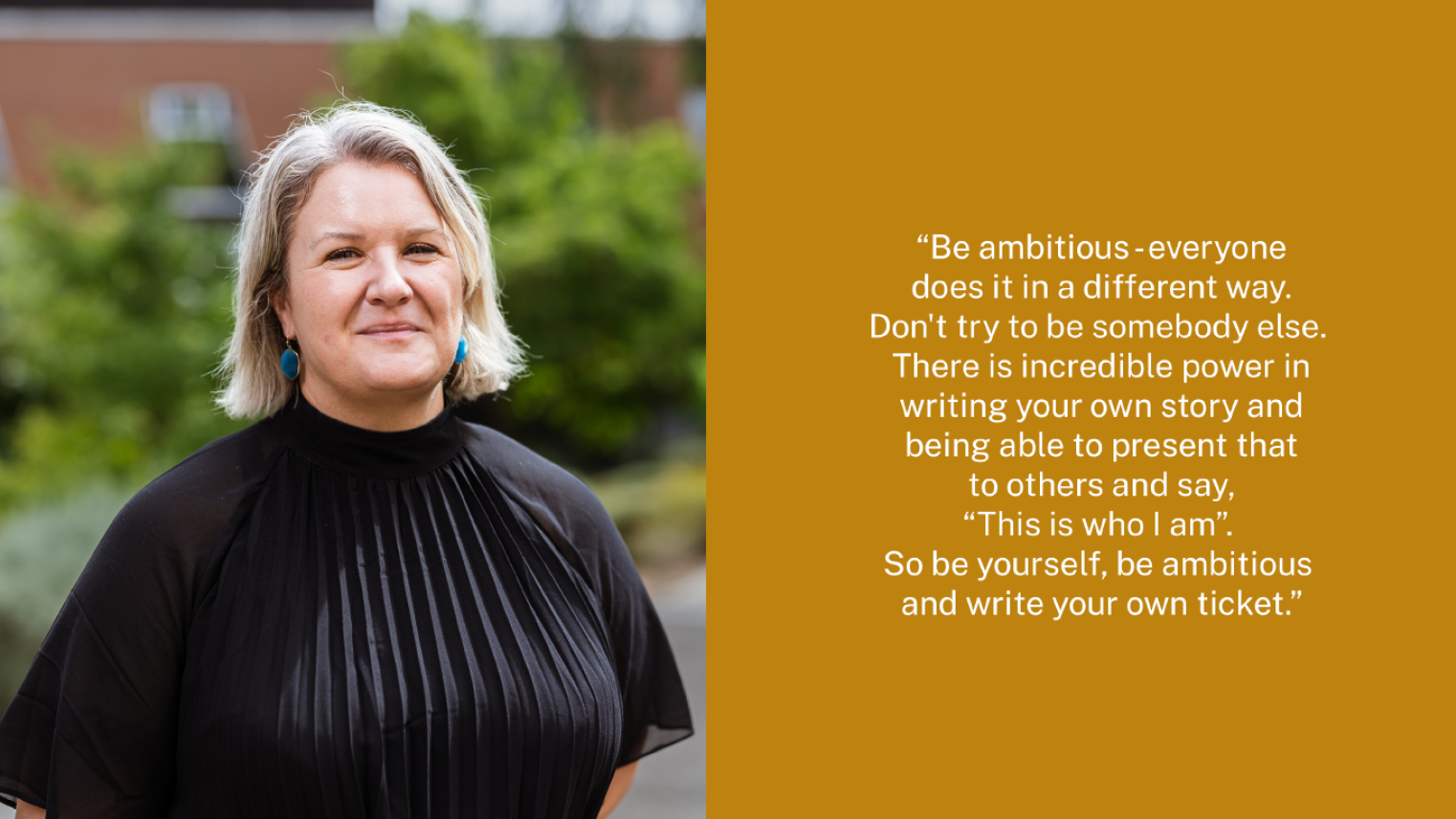International Women’s Day 2023: Professor Janine O'Flynn

Professor Janine O’Flynn is the Director of the Crawford School of Public Policy, ANU College of Asia and the Pacific. Widely recognised for her exceptional abilities as both a scholar and educator, Janine has gained international acclaim for her specialised knowledge and skills in the fields of public administration and management.
In this exclusive interview for International Women's Day 2023, Professor O’Flynn takes a moment to reflect on her impressive career in academia, sharing insights on some of the most meaningful projects and experiences that have influenced her professional growth and development.
What inspired you to pursue a career in academia, and how did you get started?
My journey into academia was an accidental one. I did my undergraduate study and took a year off in there to find my way and my passion. Once I found it, research and teaching, that was it – I did my Honors. I didn't really know what a PhD was, but my supervisor encouraged me to apply. So I did my PhD, and I would say, in a really positive way, I fell into every stage of my academic career.
I didn't really know what it would mean to be a professor when I was young. I sort of followed my nose and what I was interested in, and that's how I've ended up here: An accidental professor. At various points in time, I thought, “What am I doing? I don't know what to do…”, but even if I didn't know exactly what I wanted to do or where I might be, I knew what I didn't want to do, and I think that was really important.
What are some of the most exciting research projects you've worked on, and what impact do you hope they will have on society?
I'm always really interested in how government works, but also how it can work better. And so, that's taken me from asking how we can set up coordinated government responses to complex policy issues through to how to design a performance management system that can encourage high performance in the Australian public service. To me, the impact of those questions matters because in the end, having a highly effective government sector means that communities and citizens are served better by their government.
My most recent project, which is absolutely a passion project, has been looking at this intersection of questions of how government operates on morality. It's taken me personally beyond thinking about what the best way is to go about doing government. I've been studying over several years, the creation and operation of offshore detention centres in Australia, as well as detention facilities in other countries - prison privatisation and so on. That's been a stretch for me, in a positive way, away from decades of looking at effectiveness questions to moral questions. I think that's where I'm hoping I'll have a big impact in how we think about government and the decisions that are made.
What are some of the most important lessons you've learned throughout your career, and how have they helped you to succeed as a woman in academia?
I graduated with my PhD in 2004, nearly 20 years ago, and academia has changed profoundly in that time. One of the things that, to me, has become really important is this notion of humility and generosity to others. I've often said that, in academia, generosity is radical - be radical. Academia can be a hard vocation; it's filled with rejection.
I think it's important to talk about that because when you're in this sort of contest and debate about ideas, progress and how we think about the world, the process of getting your ideas out is often filled with rejection. Whether it's research grants, or your paper doesn't get published, or people hate your ideas, all of that has happened to me; it's happened to everybody in in academia.
But I've been very conscious that the things that helped me in my career were others championing me and saying, “she knows something that you need to know about”. And so, as a senior person in my field, I've developed a reputation of championing junior scholars, many of them women. It’s about being humble, but it's also about recognizing your privilege and power to amplify the voice of others. To me, that's the ultimate way to lead.
What advice do you have for young women who are interested in pursuing a career in academia?
Be ambitious - everyone does it in a different way. There is no template, and certainly one thing I've often said to people I’ve mentored is that my journey is not going to be yours. I think it's very important for people to realise that, often, coming into this career, you see a bunch of senior people and you think they've all got there the same way. Every person is their unique story. I know it sounds wishy washy, but I believe it, and when I'm sitting on selection panels, that's my anchor.
Do it your own way. Don't try to be somebody else. There is incredible power in writing your own story and being able to present that to others and say, “This is who I am”. So be yourself, be ambitious and write your own ticket.